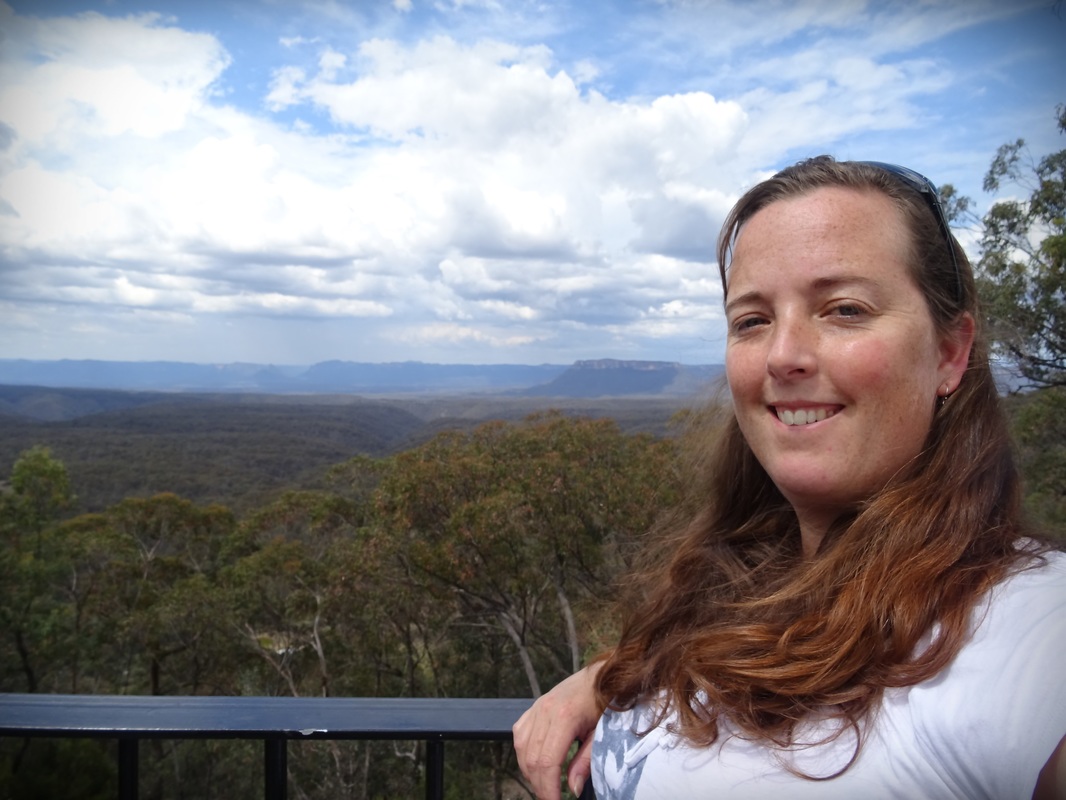One giant step for a researcher, one small leap for the research fieldIn a research world more and more obsessed with publish or perish, submitting research manuscripts can be a daunting hill to climb as a new researcher. That hill turns into a mountain when those results go against an existing paradigm.
This second blog is also inspired by the Rooting 2017 meeting in Umea in May (see the last blog here) and some amazing conversations I had with several PhD students and postdocs who have convincing results that go against different ideas in the root world. Despite discouragement from supervisors who thought the experiments wouldn't work, these researchers often did experiments anyway to produce truly interesting results! This brings me to my first point: CONGRATULATIONS! YOU ARE NOW A BONIFIED RESEARCHER! This really excites me - seeing the next cohort of research leaders thinking, testing and following their instinct and logic to do amazing science. What worries me, however, is the consistent feeling of dread amongst these fantastic people regarding publishing these potentially controversial results and their impression that they won't be believed because they 'are nobody'. My next point then: You are not nobody. Those big names were unknowns once! And they typically built their careers on making some big findings that went against those before them. This is how science works (often in small steps, sometimes in paradigm shifts!). And often it's not that they were wrong (although sometimes…) but rather understanding has progressed to better tease out the science underneath, or new techniques have become available that weren't possible before, shedding light on the topic. Ok so that's all good and well and I'm sure none of that makes any of you amazing new scientists feel any better about the challenge ahead of you! So I contacted a range of editors from several journals (from ecology and plant science fields) to get their take on how to publish something that goes against existing ideas. One quote that should immediately cheer you: "‘Something not in line with existing understanding’: isn’t the simple answer that this is what we’re all looking for – scientists and journals?" Here's another: "I think that giving a field a new direction with results that contradict the current model is as exciting as new discoveries. Science is not written in stone, it is constantly evolving. A published peer-reviewed scientific paper is not a definite and absolute truth, it is more like a temporary working hypothesis waiting to be confirmed by other labs, or to be used to go even further." The following four points were made by each editor and I've paraphrased to incorporate all of their points.
So go for it! I'm looking forward to seeing these bright sparks light up the hidden half! I'm going to end with a quote which sums up things I've said in previous blogs: "And if at first it doesn’t progress, use the advice provided and don’t give up.” Thanks to the editors who took the time to comment and provide these inspirational quotes!
1 Comment
|
AuthorAmanda Rasmussen Archives
May 2023
Categories |
 RSS Feed
RSS Feed
